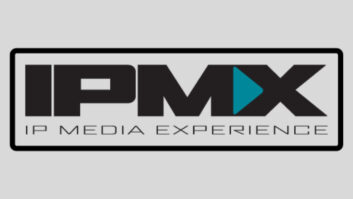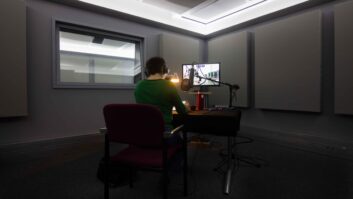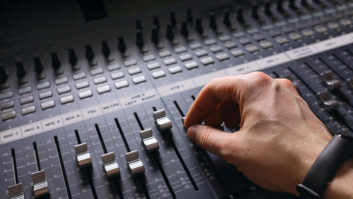The IMF standardisation effort is progressing quickly “because the industry really needs this,” asserted SMPTE IMF Working Group chair Annie Chang at the HPA Tech Retreat in Palm Springs, California last week, writes Carolyn Giardina. Disney’s Chang reported that some of the first SMPTE standards documents are already being finalised, and additional testing will soon begin. She urged the industry to get involved.
The Interoperable Mastering Format, or IMF, is a proposed standard for a high-quality, interoperable file framework for finished content. It has been likened to a DCP (Digital Cinema Package) for home video/television masters. The IMF proposal initially came from the Entertainment Technology Centre @ University of Southern California, a non-profit studio consortium. The project moved to SMPTE roughly one year ago, and according to Chang has maintained many of ETC’s proposed features. One modification is that the IMF contains a core framework with modular applications that plug into the framework. This would allow the industry, for instance, to add new functions in the future. Manufacturers that are already working to support IMF include AmberFin, Avid Technology, and DVS. Representatives from these companies participated in the HPA panel discussion to voice their support for the technology. Avid’s Tim Claman suggested that IMF is a way to “complete the transition to file-based workflows.” At the Hollywood Post Alliance Tech Retreat, JVC showed a new 2D-to-3D conversion workstation. It’s the second 2D-to-3D conversion technology from vendor, which also offers a stereo image processor that automatically converts 2D content to 3D and lists for $30,000. The new workstation—currently being tested by 20th Century Fox on feature and TV titles—is being developed with input from Fox, with an eye toward maintaining quality while reducing the time and costs associated with conversion. According to JVC, the technology combines proprietary hardware and software functions including creating multiple 3D depth models. JVC believes it can be useful in reducing the amount of roto and paint work required in conversion. Potential applications include the ability to provide more content for emerging 3D TV channels, as well as to create 3D Blu-Ray titles.
Pricing has not yet been established. www.hpaonline.com
HPA: Standards progress for Mastering
The IMF standardisation effort is progressing quickly “because the industry really needs this,” asserted SMPTE IMF Working Group chair Annie Chang at the HPA Tech Retreat in Palm Springs, California last week, writes Carolyn Giardina.







